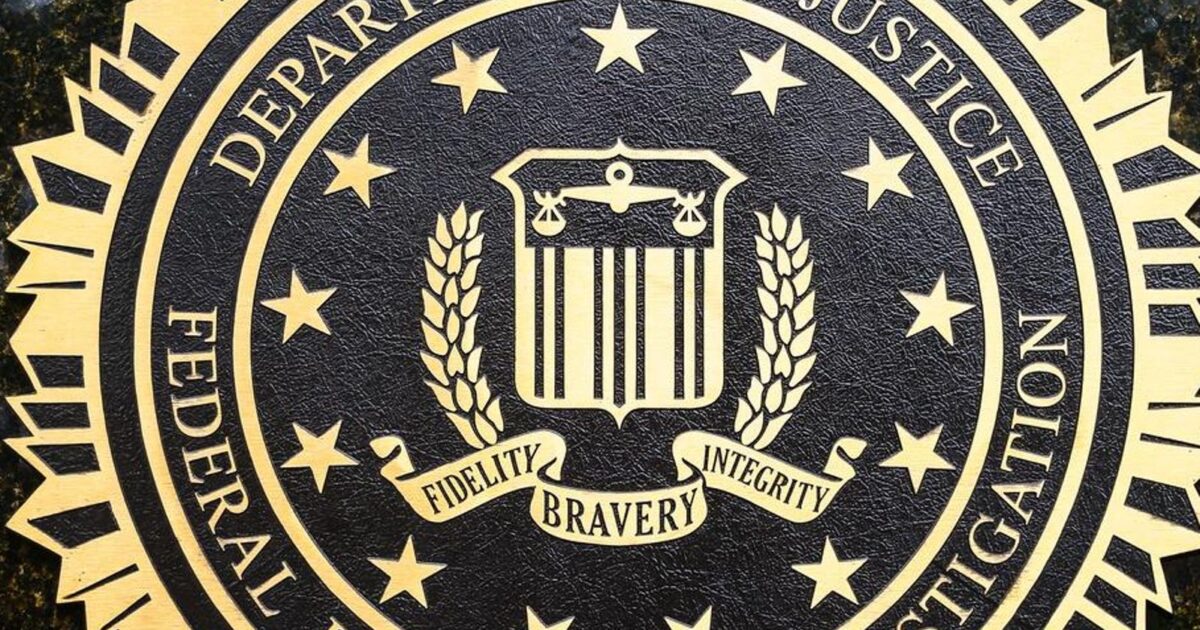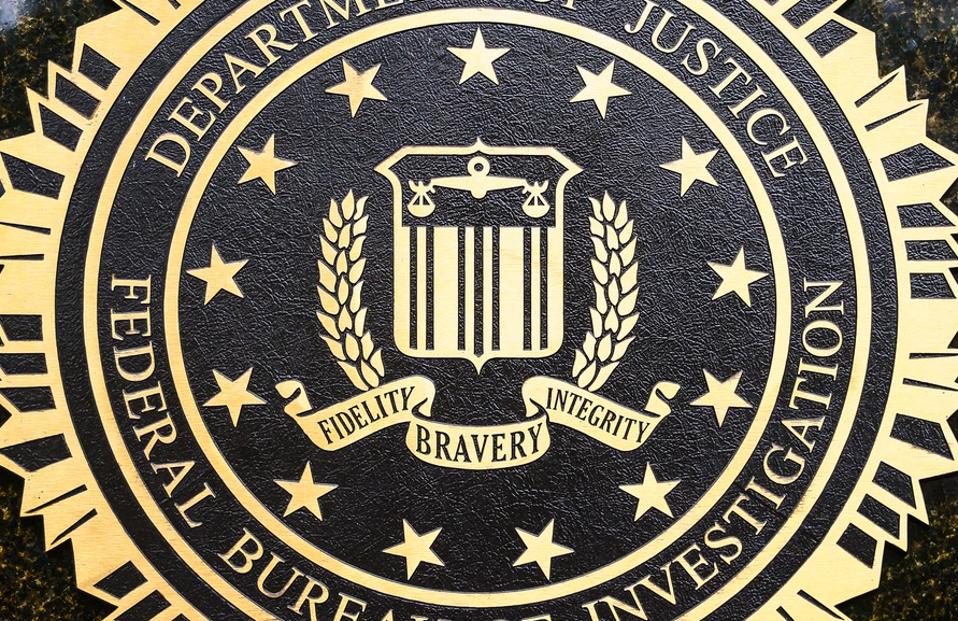FBI ‘Billion Dollar’ Hacker Warning—Do Not Install This App

FBI billion dollar hacker warning
NurPhoto via Getty Images
This dangerous scam is coming for you or someone you know. That’s the crux of the FBI’s latest warning, as U.S. citizens lose a billion dollars to hackers through one easy mistake. Once you know, you know, and you can’t be scammed. But this attack preys on elderly and other vulnerable citizens, and so it’s critical you also warn others.
This is the so-called phantom hacker attack, which was already a major threat but has been “growing rapidly” over the last 12-months. The lure is simple and alarming and has “cost Americans over $1 billion at least since 2024, according to the agency.”
It starts with a phone call from your bank or a message to call your bank. On that call, you’re warned that one of your devices has been hacked and your accounts are now at risk. It’s urgent that you act immediately before your money is stolen by the hackers.
The caller instructs you to download software to scan your PC for malware, which will then stop the hacker in their tracks. Once that’s done, they ask you to open and check your accounts to make sure there are no unauthorized transactions.
There is no hacker behind the scenes — you’re talking to the hacker. As you browse your accounts, they are watching via the software you just installed. Now they know where your money is and they set about stealing it from you.
The next steps can vary, but in short you receive a follow-up call from the bank’s fraud department instructing you to move your money from the compromised account to a safe harbor account. They know which accounts to target — the most lucrative.
Naturally, you’re suspicious. But the convincer is the third step — a call, email or even a letter from a U.S. government agency backing up the lure. Your accounts are at risk from a foreign hacking group. You need to move your money. They’re here to help.
The latest FBI warnings focus on vulnerable citizens. “The FBI said the scam targets senior citizens and warns that victims could lose their ‘life savings’,” per Fox News.
The Phantom Hacker scam
FBI
I’m a big fan of keeping things simple. Just as with the plague of Chinese-originated text messages targeting Americans for unpaid tolls or DMV fines, where the key is never clicking any link and assuming every one of these texts is a scam.
With the Phantom Hacker attacks, the key threat marker is the software app not the calls or the lures or the emails or the letters. Keep the advice ruthlessly straightforward. Never, ever install an app or any software suggested on a call or by email or text or popup. If you refuse to install the software, this scam falls apart.
“Do not download software at the request of an unknown individual who contacted you,” the FBI says in its Phantom Hacker advisory. And “do not allow an unknown individual who contacted you to have control of your computer.”
There is a new variant to this type of scam — screen sharing over messaging apps. But again, keep the advice simple. You must never share your screen if asked to do so on a call, whether they call you or you call them after a popup or message prompt.
This advice extends to tech support call scams as well, where the attackers will also convince their victims to install software on their devices. Just say no — always.

